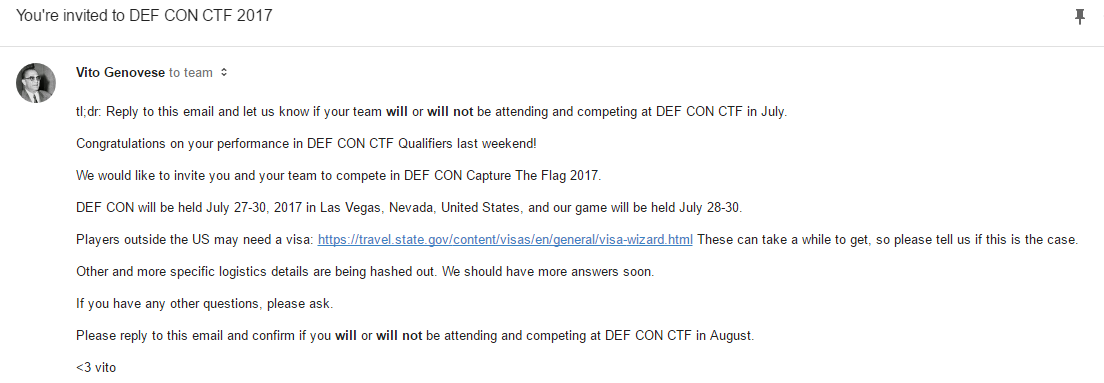I discovered my interest in film at the start of college. As an arts reviewer for The Tech, MIT’s student newspaper, I had the luxury of attending advance press screenings of big-name films like Suicide Squad and the final Hobbit film. But more importantly, my reviews cultivated an appreciation for the medium and an insatiable desire to experience all it had to offer. Since then, I’ve devoured films of all genres and eras, directors and actors, cinematographers and writers.
Formal Verification: The Gap Between Perfect Code and Reality
Thanks to Vlad Brown and Drawings Team for Russian and Uzbek translations.
In Fall 2017, I took MIT’s 6.826, Principles of Computer Systems, taught by Turing Award-winner Butler Lampson, Nickolai Zeldovich, and Frans Kaashoek. Despite its rudimentary title, it’s a grad class on building formally verified systems. Using the proof language Coq, we wrote specifications, implementations, and proofs of toy structures: a remapped disk, an atomic pair of blocks, and a replicated disk. We also read quite a few papers from the state-of-the-art in formal methods.
I went into the class believing that formal verification is the future — the only solution to a world of software ridden with bugs and security issues. But after recent events and a semester of trying to apply formal methods, I’m a serious skeptic. In this post, I’ll discuss why I think formal verification has a long way to go — and why it just doesn’t work right now.
Using the LLVM MC Disassembly API
In this post, I’ll walk through how to link an application against LLVM and show a simple usage of the LLVM McDisassembler API. It’s a little more complex that it seems, probably because there’s not many good resources for using this API.
Formal Reasoning in Coq — a Beginner's Guide
I’m currently taking the Fall 2017 iteration of 6.826, Principles of Computer Systems. This class has been offered in various forms over the years, but this iteration is quite different. It focuses on formal verification of computer systems using Coq, a language for mechanical theorem proving.
The goal of this class is to write the spec, implementation, and proofs for a formally verified RAID filesystem in Coq, then generate Haskell code from it.
Matasano Crypto Challenges, Set 7
Into uncharted waters we venture… this set has some various problems about famous real-world vulnerabilities, and it was challenging. fortenforge and I worked together quite a bit to get through it.
Protips for Speed (And Reducing RSI) for Programmers or Mac Users
I’ve been wanting to write this post for a while — here I’ll describe all the excellent customizations that I’ve accrued over several years of optimizing my Mac for speed and alleviating repetitive stress injury (RSI). If you’re a Mac power user, or if you make a living at a keyboard, you want to read this.
Looking Towards Summer: Concolic Execution, Fuzzy Panda, and More
It’s always bothered me that MIT or MIT Lincoln Lab didn’t submit anything to DARPA’s Cyber Grand Challenge. With all the smart people, such as my advisor, Armando Solar-Lezama, working on program analysis and formal methods (which I currently know nothing about), I would have expected that we could create a strong Cyber Reasoning System worthy of CGC.
That’s sort of what I will be working on this summer at Lincoln and probably writing my thesis on. But I’m very new to the field and have just started diving in.
Matasano Crypto Challenges, Set 6
DEF CON CTF Qualifier 2017
Update 5/5/17: We qualified to DEF CON CTF 2017!!! We just got the email today! Congrats to everyone from Lab RATs, TechSec, and RPISEC that competed. Vegas, here we come!
Generating and Interpreting Bytecode for MITScript — Using Rust
Well, this was my first foray into the world of Rust, the systems language that is Mozilla’s precious baby. And what better way to learn this hip new language than to write an MITScript bytecode interpreter for Computer Language Engineering?
Rust was not gentle for this first-time developer. It does so much to protect you that my first attempt writing a few hundred lines of code resulted in the same number of compiler errors, and I needed a lot of help from my team to just get anything to compile. For this reason, it’s not great for iterating quickly if you aren’t very experienced already. But, I’m licking my chops at the fact that the end result will be much safer, and hopefully faster, than our classmates’ C++ compilers. This post will be about the struggles I encountered as a Rust newbie, as well as the fun of generating/interpreting MITScript bytecode.
